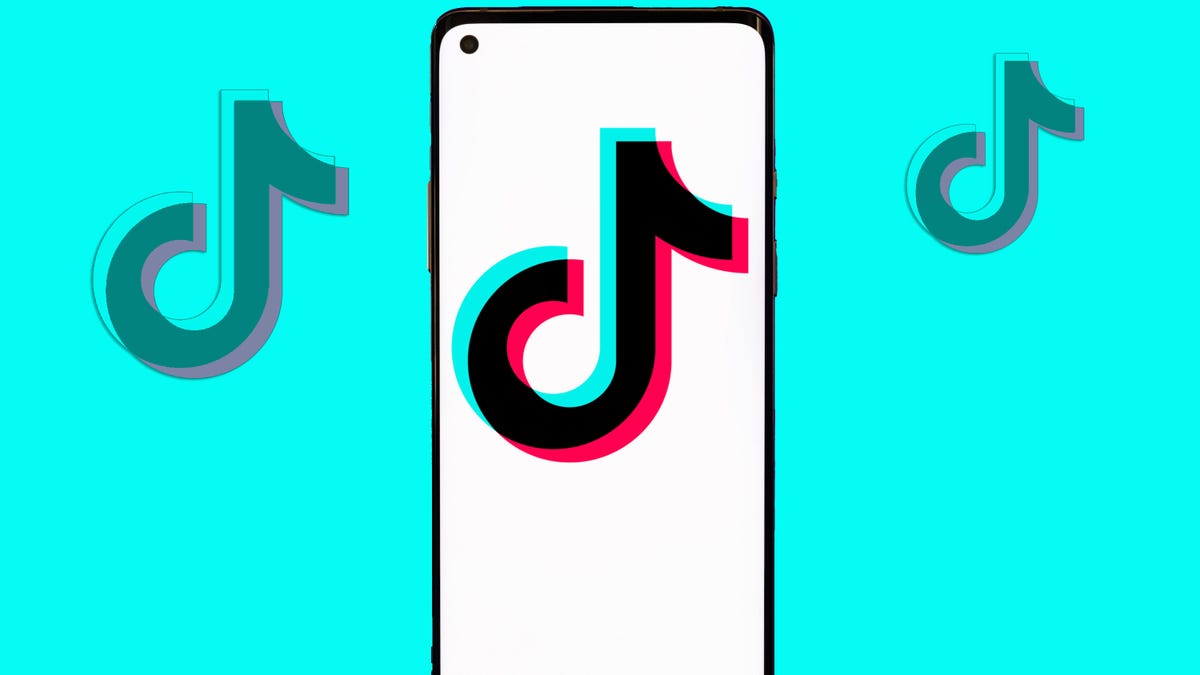Senate Passes Bill Banning TikTok on Government Devices
Meanwhile, Georgia becomes the latest state to ban the app on state devices.

TikTok has become a popular target for government bans.
The US Senate on Wednesday passed a bill that would ban the TikTok app on federal government devices.
The bill, introduced last year by Sen. Josh Hawley, a Republican of Missouri, was passed by unanimous consent. It must pass the House and be signed by President Joe Biden before it becomes law.
Many lawmakers have concerns that the social video app and parent company ByteDance, based in China, pose a national security threat because the app collects large amounts of data on its users, including location data, and could share it with the Chinese government. TikTok has repeatedly denied that claim.
"Once again, Sen. Hawley has moved forward with legislation to ban TikTok on government devices, a proposal which does nothing to advance U.S. national security interests. We hope that rather than continuing down that road, he will urge the Administration to move forward on an agreement that would actually address his concerns," a TikTok spokesperson said in a statement emailed to CNET.
The bill passed the Senate the day after a separate bill that would bar TikTok in the US entirely was introduced by lawmakers in both the House and the Senate. A growing number of states have already taken action against TikTok, barring the app on government devices at the state level.
On Thursday, Georgia Gov. Brian Kemp, a Republican, banned TikTok from state government devices for what he calls new information about the "depth of the Chinese Communist Party's involvement with TikTok and the resulting threat that TikTok poses to government cybersecurity." The ban came in a memo to state agency heads. CNET obtained a copy of the memo from the governor's office.
The new ban extends to the messaging apps WeChat and Telegram for what the memo says are "similar threats" identified on those platforms. WeChat and Telegram did not immediately respond to request for comment.
In November, FBI Director Christopher Wray said that TikTok could be used to "control data collection on millions of users, or control the recommendation algorithm, which could be used for influence operations if they so choose, or to control software on millions of devices."
At the time, a TikTok spokesperson said the company was "confident that we are on a path to fully satisfy all reasonable US national security concerns."

